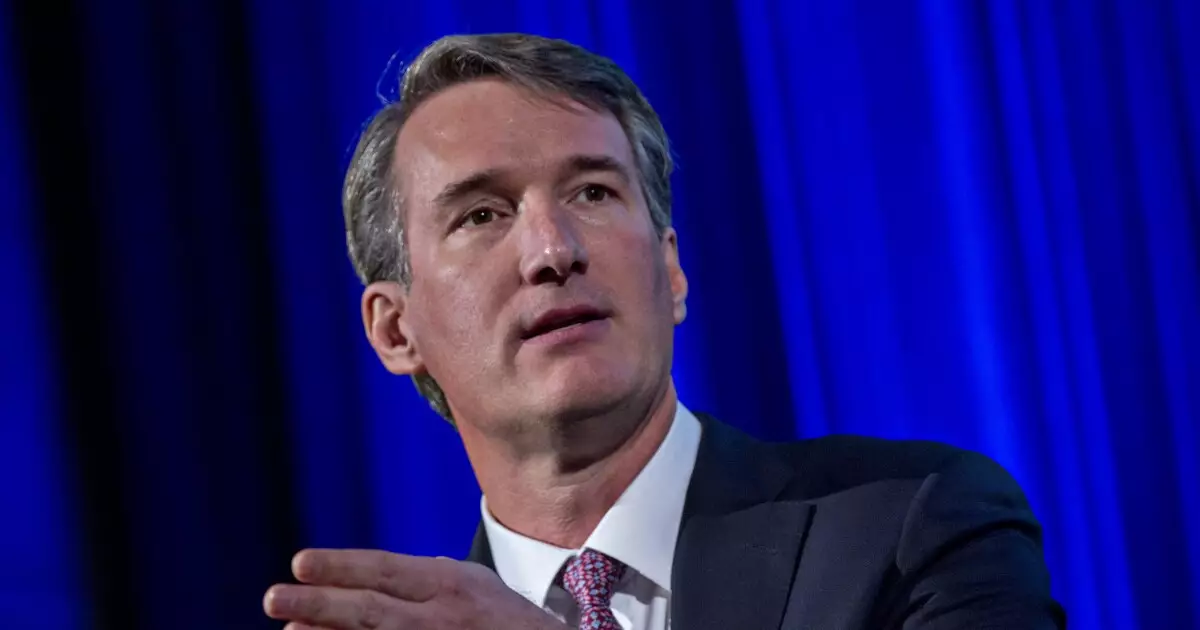After a prolonged back-and-forth, the state of Virginia has finally reached a resolution on its budget approval process. The two-year, $188 billion budget was officially approved after a special session in the General Assembly, with the House of Delegates voting 94-6 and the Senate voting 39-1 in favor of the measure. This approval was made possible through a combination of compromise, the conversion of cash to bonds, and higher than expected tax revenues.
Republican Governor Glenn Youngkin attributed the successful budget resolution to the strength of Virginia’s labor market, record revenues generated by businesses, and a high number of Virginians employed. He highlighted the positive impact of these factors on the state’s financial situation and expressed optimism for the future.
One of the key challenges in reaching a budget agreement was reconciling differences on sales tax increases and income tax cuts. Lawmakers managed to address these issues by utilizing a portion of the increased tax revenues to fill budget shortfalls. This approach allowed for the avoidance of a shutdown and paved the way for the finalization of the budget.
The decision to allocate a significant portion of the additional revenues towards addressing the funding gap demonstrates a cautious approach by Virginia lawmakers. By prioritizing financial stability and fiscal responsibility, they aimed to set the state on a path towards long-term financial sustainability.
The approved budget includes provisions for a 3% pay raise for teachers and state employees, as well as $2.5 billion in education funding. Additionally, the state is allocating $2.5 million to explore the development of an inland port facility in southwestern Virginia and the widening of interstate 81. These investments are aimed at enhancing both the education system and infrastructure in the state.
The emphasis on education funding reflects Virginia’s commitment to prioritizing the well-being and development of its residents. By investing in education and infrastructure, the state aims to foster economic growth and prosperity for its citizens.
Despite the resolution of the budget approval process, certain challenges and criticisms remain. Democrats have expressed discontent with Governor Youngkin’s decision to keep Virginia out of the Regional Greenhouse Gas Initiative (RGGI). This decision has raised concerns about the state’s approach to environmental issues and its commitment to addressing climate change.
The strained relationship between the Governor and the legislature, exacerbated by previous disagreements over major projects, continues to linger. The failure of the public-private partnership proposal for relocating sports teams highlighted the complexities of governance in Virginia and the need for collaboration and communication between key stakeholders.
As Virginia moves forward from the budget approval saga, there are opportunities for growth, development, and cooperation on the horizon. Despite past disagreements and challenges, the state has demonstrated its ability to find common ground and work towards shared goals. By focusing on fiscal responsibility, investment in key areas, and collaboration, Virginia can build a prosperous and sustainable future for its residents.

